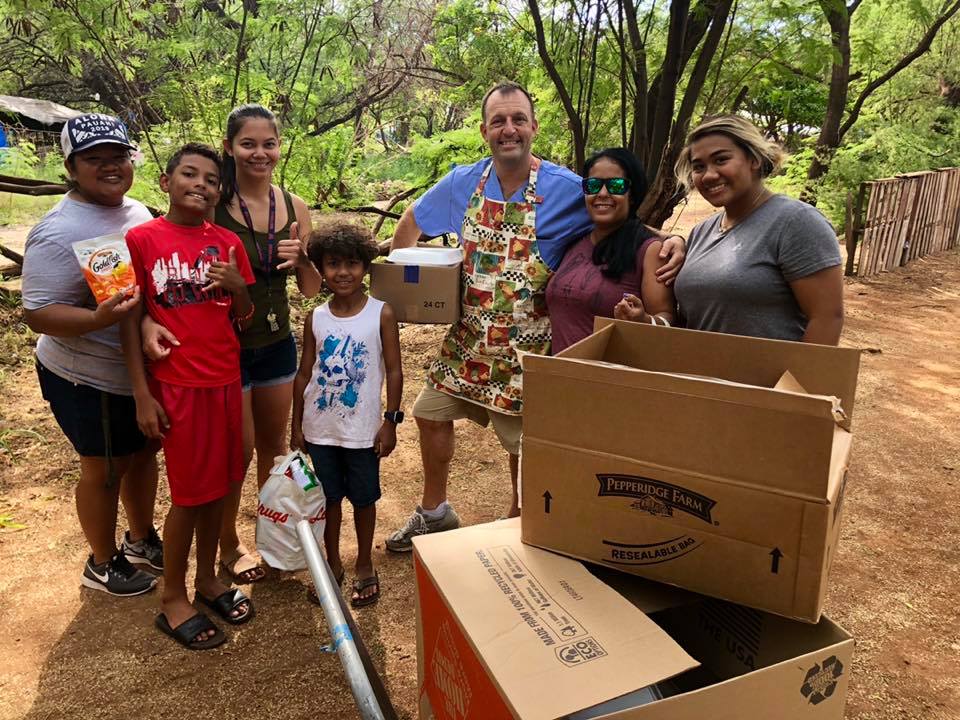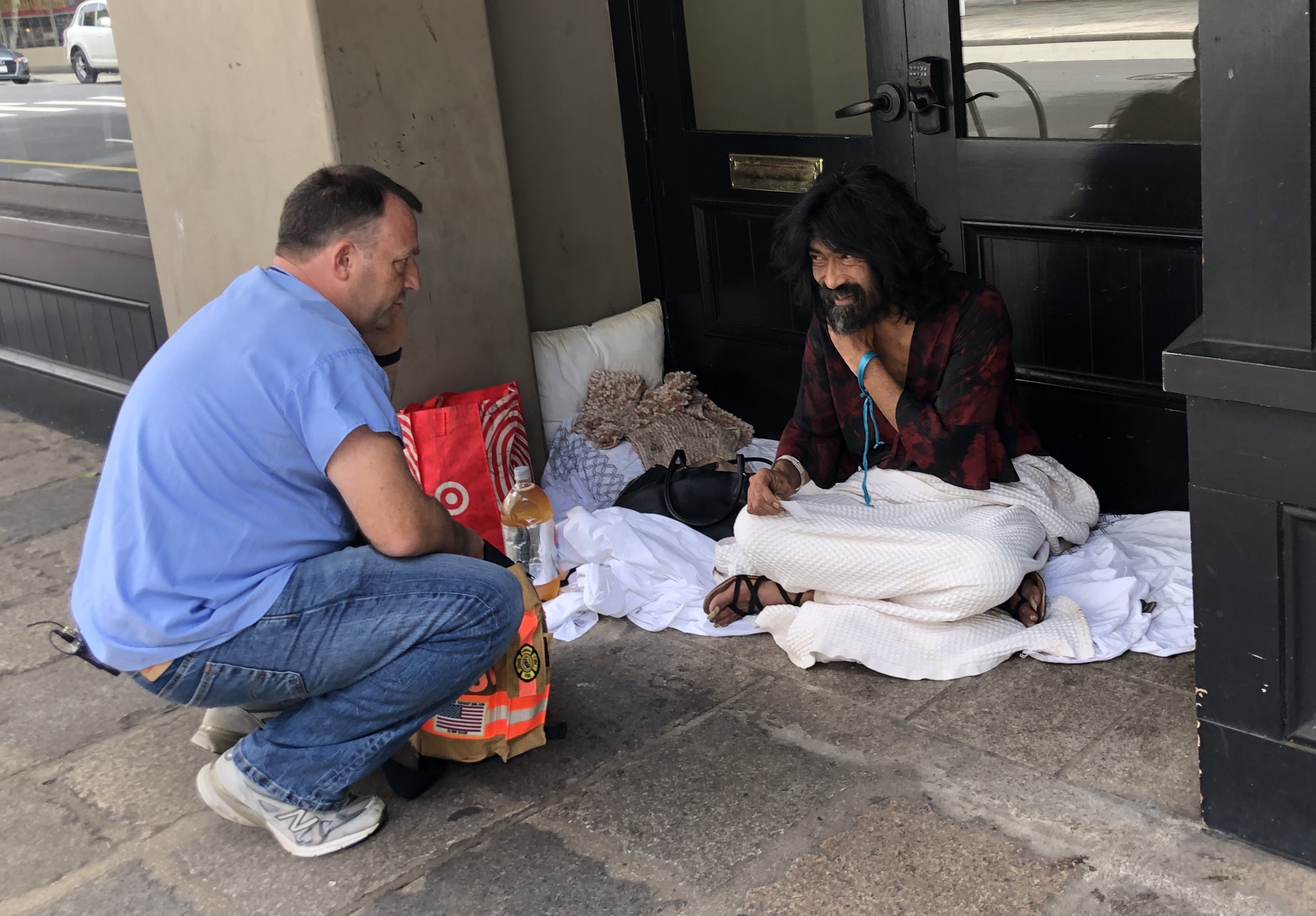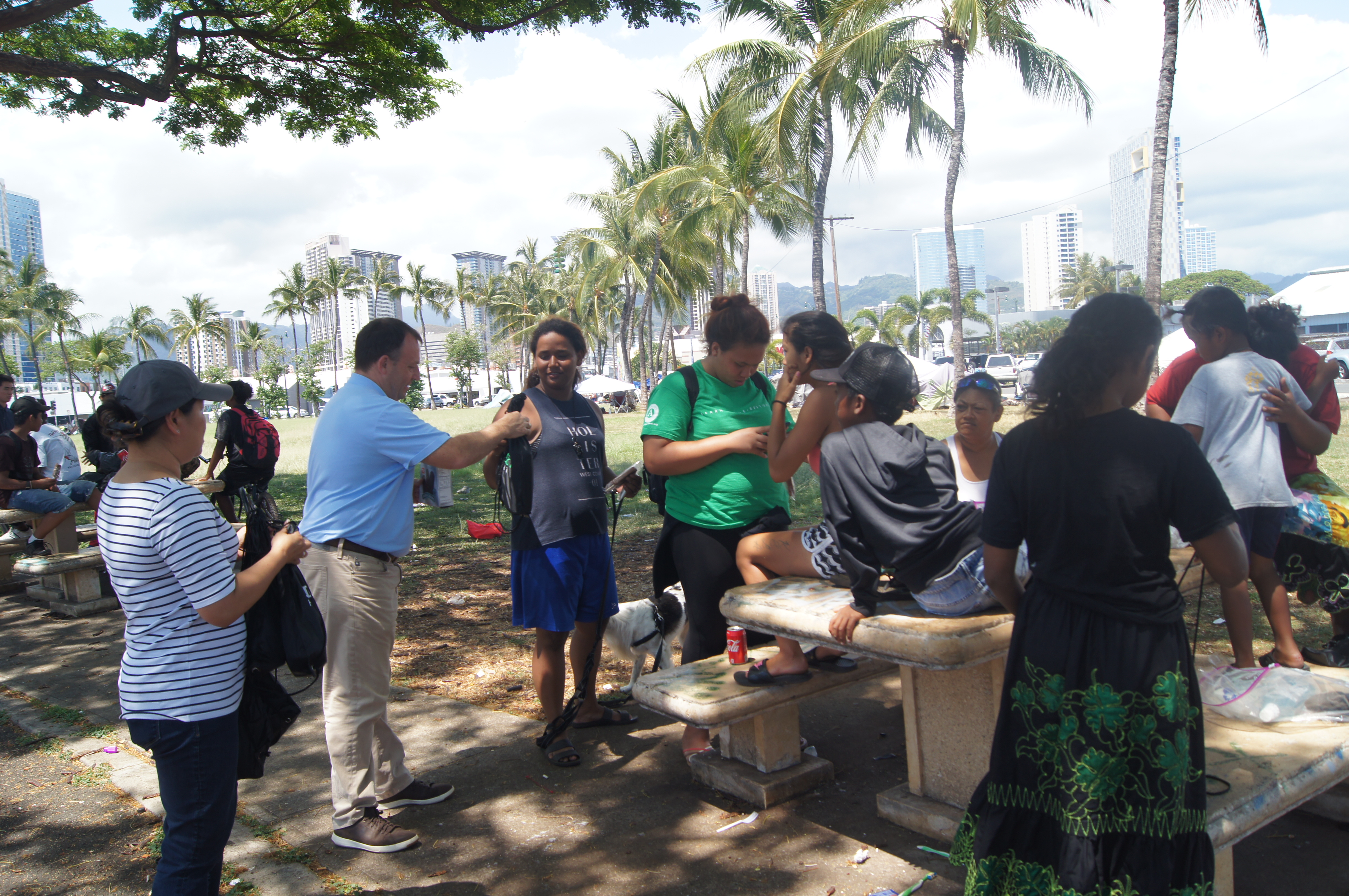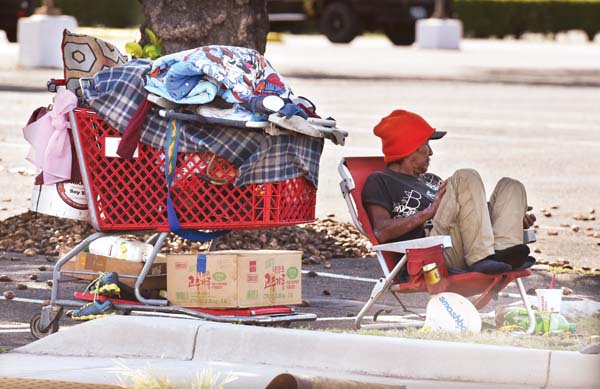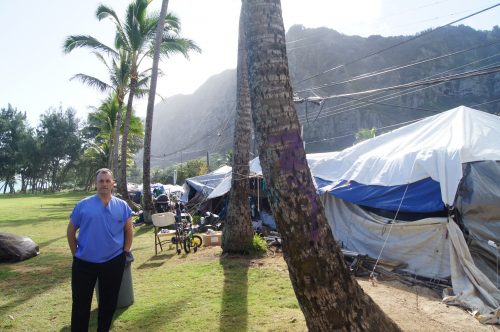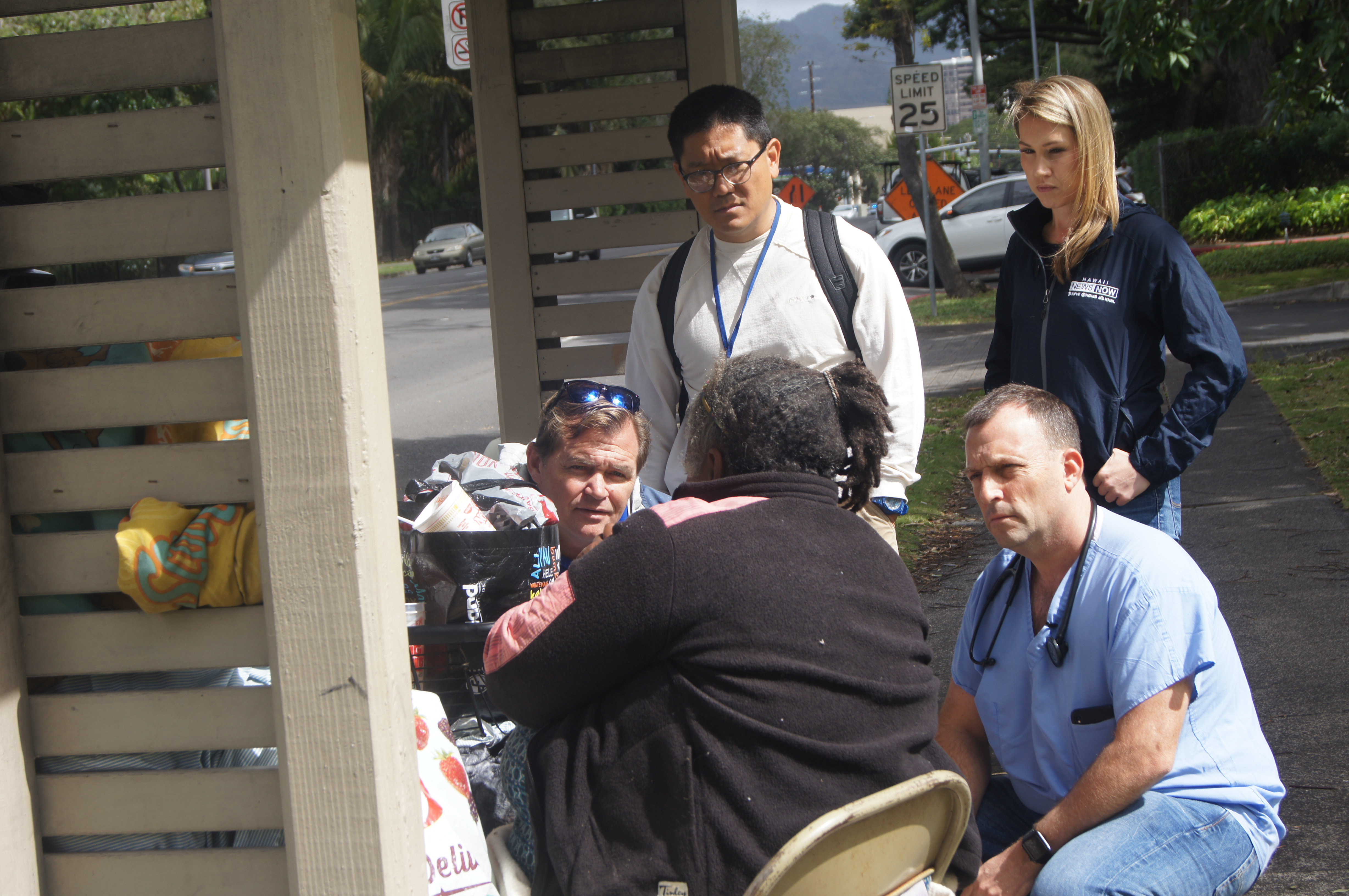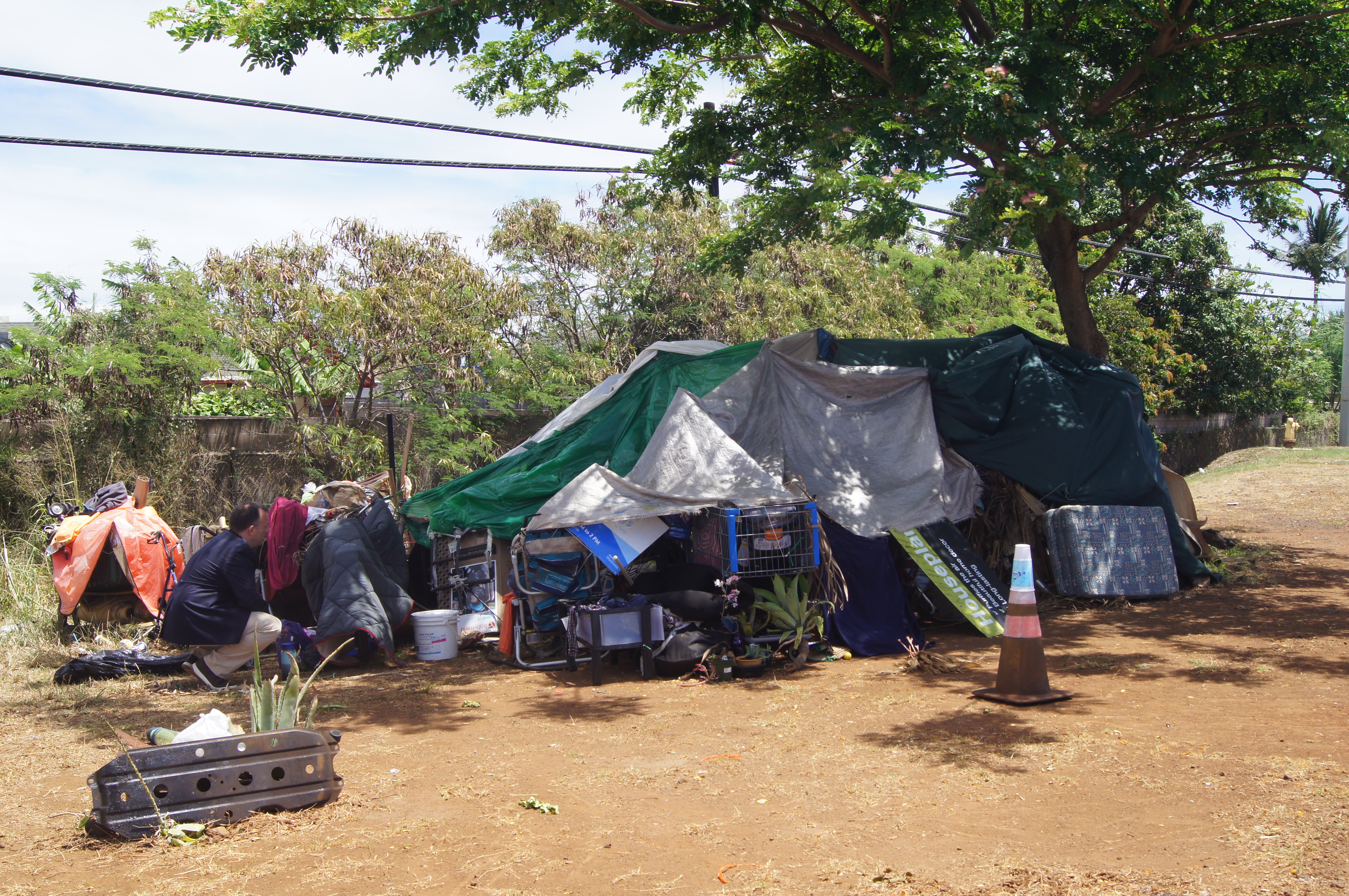Homeless In Hawaii : Facts and Resources
Hawaii is currently facing one of the worst homeless epidemics in the country with the highest rate of homelessness per capita in the nation. It is the number one priority of the Lieutenant Governor to work towards solutions for our homelessness crisis which has a devastating social and economic impact on our state.
Hawaii’s Homeless:
- Estimated to be around 15,000 homeless individuals in Hawaii
- 1,500 – 2,000 chronically homeless individuals (“Chronically homeless = Have been homeless for more than 6 months + mental and/or physical health conditions)
- The average life expectancy for Hawaii’s homeless is 53– almost 30 years less than the general population
- They suffer high rates of mental illness, addiction, and PTSD
- Disproportionately Native Hawaiian
The High Price of Homelessness in Hawaii:
- Chronically homeless individuals are most of the highest Medicaid utilizers in the state
- 3.61% of Medicaid users consume 61% of the 2 billion dollar annual budget
- 13,000 people spend 1.2 billion in Medicaid each year
- There is almost total overlap with these high utilizers and the chronically homeless population
- The average cost per person to the health system is $4,650 per day
- The highest utilizers spend an average of $82,000 per year
Housing is Healthcare:
- Housing a homeless individual drops their Medicaid costs by at least 43% and as much as 73%
- Housing Hawaii’s chronically homeless would result in at least $300,000,000 per year in Medicaid savings
- People’s overall health outcomes drastically improve when they’re housed
Health complications from homelessness:
- Exacerbates existing medical conditions
- High levels of stress
- Cleanliness challenges that result in infections
- Exposure to the elements
- Heightened risk for injuries
- No safe place to store prescriptions
Projects and Initiatives
Kauhale
- Master-planned tiny homes communities for the chronically homeless
- Places of social respite and community-oriented
- Three initial locations have been identified on Oahu at Kalauloa, Waimanalo, and Nimitz
- They follow a traditional cultural model of communal housing with shared bathroom, kitchen, and leisure areas
**To learn more about the Kauhale Initiative and how you can be involved, click here**
Hawaii Homeless Healthcare Hui (H4)
- A public/private partnership supported by regional health systems and philanthropists to create a new model to address chronic homelessness
- Their mission is to care for the people of Hawaii who are struggling
- They provide a safe, functional environment for those in need to get service
- H4 alleviates the financial and medical strain on emergency rooms and health systems
- The flagship location in Iwilei has a hygiene center with mental health professionals and social workers on site.
- By the end of 2019, it will also have a free clinic, long term medical respite beds, and permanent supportive housing units
Joint Outreach Centers
- Funded and operated by H4
- Two initial locations in Chinatown and Kaneohe on Oahu
- The clinics provide free medical services to the homeless
- They save an average of $105,000 per week in emergency room visits
- They work in collaboration with law enforcement
- The clinics primarily provide wound care and mental healthcare, including long-acting antipsychotic drugs
Permanent Supportive Housing (Housing First)
- Rapid re-housing initiatives
- Expansion of Section 8 vouchers
- Emphasis on affordable housing development
- Emphasis on transit-oriented development
Assisted Community Treatment
- This new law requires treatment when an individual is deemed a danger to themselves or others or is decompensating due to severe mental illness or addiction
- It is intended for the most severely incapacitated homeless individuals, many of whom suffer from untreated schizophrenia
- Over 40 individuals who qualify for this treatment have already been identified in the urban core
- It is the subject of this Hawaii News Now documentary “Prescribing Hope: Trapped on the Streets”
Lieutenant Governor Green’s Homeless Resources
The Lieutenant Governor’s 10 Point Plan on Homelessness
Housing is Healthcare Brochure
Homeless Services

